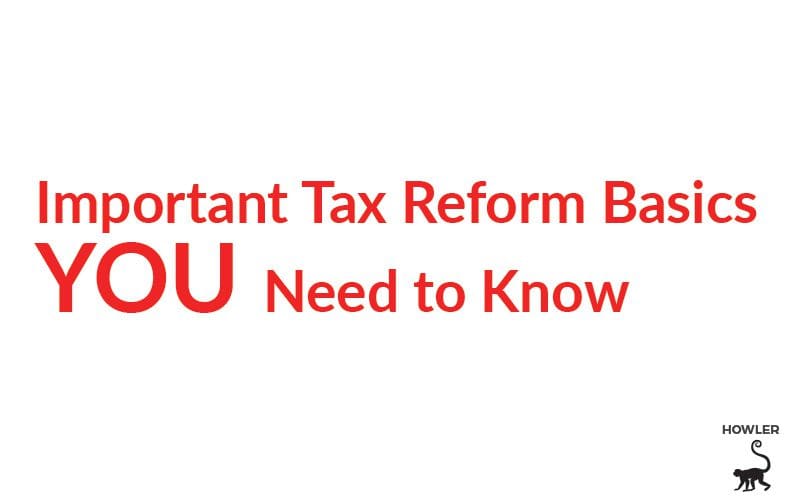
Legal Ease: Changes to the VAT in Costa Rica
Legal Ease: Changes to the VAT in Costa Rica. As covered in previous Howler articles about the ongoing implementation of tax reforms in Costa Rica, the Value Added Tax (VAT) is replacing what is currently known as the Sales Tax. This change takes effect on July 1, 2019, while the first date for tax filing to the government with the new VAT rates is August 2019.
VAT must be collected on all applicable goods/services and then paid MONTHLY to the government. No carryover from month to month is permitted. The entire amount collected must be fully paid every month to the government.
The entire amount collected
must be fully paid every month
to the government.
Obligation to file
Every person or company that sells any goods or services must file a VAT form monthly, even if the filing indicates no tax is payable for that period (calendar month). In that instance, you would indicate “0 tax due” on the form.
Again, this becomes effective for the calendar month beginning July 1, 2019, with the first filing due in August 2019.
The obligation to collect VAT and remit to government extends to goods and services provided to non-resident clients and customers.
Tax rates for some of the most common goods and services are shown in the chart below.
What are “most” goods and services?
These will include the services provided by housecleaning staff, gardeners, electricians and others employed for maintenance of primary and rental properties. VAT also applies to general consumer services at facilities such as veterinary clinics, auto mechanic shops, gyms and spas. Finally, entertainment-related goods and services are subject to VAT such as digital streaming services, concerts and sporting events.
While the majority of these services are already taxed at 13 percent, some will be new additions under the VAT law.
Fiscal year change
Also of paramount importance under Costa Rican tax law reform is the change in fiscal year to mirror the calendar year. Effective on a still-undetermined date (likely 2020 or 2021), future fiscal years will be January 1 to December 31. Previously, Costa Rica’s fiscal year was October 1 to September 30.
During the ongoing transition period, the current fiscal year is October 1, 2018 to December 31, 2019.
Type of Goods or Services Tax Rate Effective July 1, 2019
General VAT rate 13%
Tourist services not registered 13%
with the Costa Rica
Tourism Agency (IVA)
International & national flights 4%
Private education services 2%
Private healthcare Year 1 (2019) is exempt until further notice.
(charged by provider) Watch for a published notification when
the tax rate becomes 4%.
Personal insurance premiums 2%
Charged by Provider
(vehicle, property insurance, etc.)
HOA Meetings
Tax Time, Corporations and Property Owners
Corporate Tax Update
Power of Attorney in Costa Rica
Annual Tax Over Costa Rica Corporations
Due Diligence, Purchasing a Vehicle in Costa Rica
Costa Rica Income and Sales Tax
Estate Planning
Purchasing a Condominium in Costa Rica
Buying a Business in Costa Rica
Applying for Cost Rica Residency
Corporate Alert
Set Up a Corporation in Costa Rica

